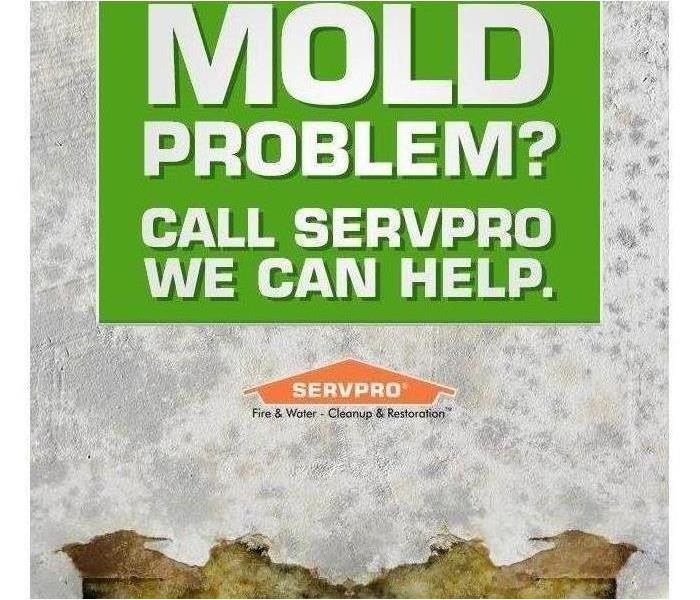What to do if I discovered mold in my home?
7/21/2022 (Permalink)
In the process of selling a vacant property? Avoiding mold will aid in the quickness of the sale. Since mold loves moisture, it’s important to remove sources of water to prevent it from growing in the building.
Potential problem areas to address to keep mold at bay include:
- Roof Leaks: Check attic or top floor for roof leaks, and repair any that are found.
- Wall Leaks: Weather strip and caulk leaky windows.
- Window Condensation: Install insulated glass or storm windows to prevent condensation problems.
- Plumbing Leaks: Examine pipes for leaks and insulate if needed.
- Blocked Gutters: Keep gutters and downspouts clean.
- Foundation Leaks: Channel water from downspouts away from house.
- Basement Leaks: Examine basement for leaks and repair if necessary.
- Water Under House: Check crawl space for excess moisture, and apply black plastic to ground to reduce humidity.
- AC Drain Leaks: Be sure HVAC units drain properly and that drains are not clogged.
- Ductwork Condensation: Inspect HVAC ducts for excess moisture. Repair or replace the insulation around them if wet.
- Air Filters: Use a high quality air filter with HVAC units, and change it regularly.
- Bath Vent Fans: Install bathroom fans that are vented to the outside. Run them during—and for 15 minutes after—showers.
- Air Circulation: Open doors and windows during dry weather to increase air circulation.
- Indoor Humidity: Keep the humidity in your home between 30 and 50 percent. Check it with a humidity gauge or moisture meter and use a dehumidifier to lower it if necessary.
- Vent Gas Appliances: Make sure gas and kerosene heaters and fireplaces are properly vented to the outside to reduce the amount of moisture in the air.
Use these helpful tips to avoid growing mold in your property. If you find yourself dealing with mold, you can contact us to quickly remediate the problem.






 24/7 Emergency Service
24/7 Emergency Service
